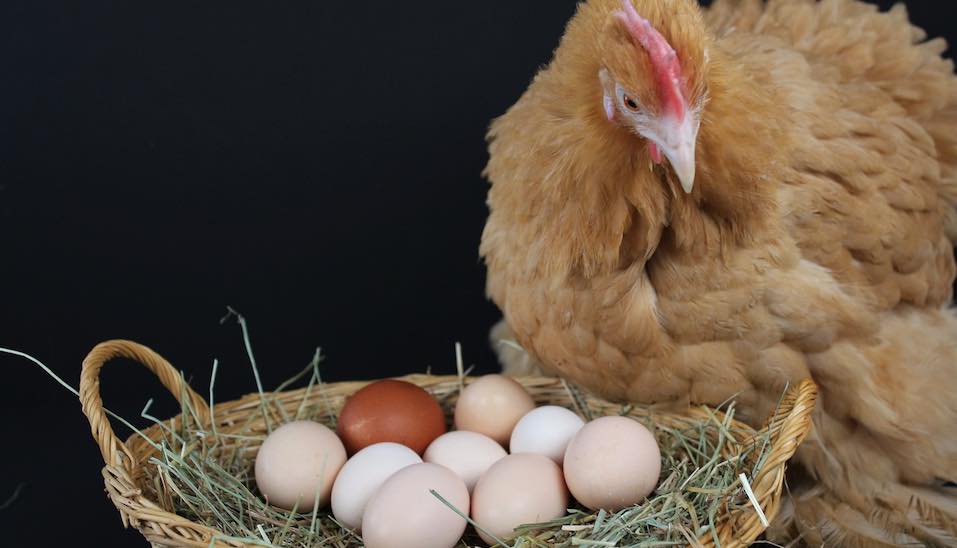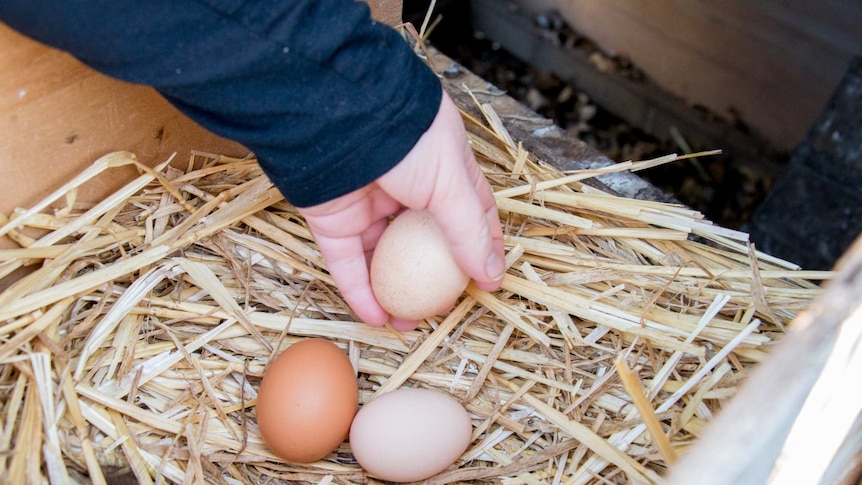For those diving into the world of backyard poultry, understanding when do chickens start using nesting boxes is crucial. This knowledge helps ensure that your chickens have a comfortable and productive environment. Typically, chickens begin to use nesting boxes when they are about to lay their first egg, which usually occurs around 16 to 20 weeks of age. However, several factors can influence this timeline.

Understanding Chicken Maturity
The journey of a chicken from a chick to a laying hen involves several stages. The maturity of a chicken is not just determined by age but also by the breed, environment, and nutritional intake. Each of these aspects plays a significant role in when a chicken starts using nesting boxes.
1. The Role of Breed
Different chicken breeds mature at varying rates. For example, Leghorns and Australorps might start laying earlier than breeds like Orpingtons or Wyandottes. Understanding your specific breed can give you a better idea of when to expect them to start using nesting boxes.
2. Environmental Influences
The environment in which chickens are raised significantly impacts their development. A stress-free environment with adequate space, good ventilation, and proper lighting can encourage early use of nesting boxes.
3. Nutrition and Health
Providing a balanced diet rich in proteins, vitamins, and minerals ensures your chickens grow healthy and are ready to lay eggs. Malnutrition can delay egg laying and nesting box usage.
Preparing Nesting Boxes
It’s essential to prepare the nesting boxes well before the chickens reach laying age. This preparation involves choosing the right materials and placement within the coop.
1. Ideal Materials
When setting up your nesting boxes, it’s beneficial to use the best materials that are easy to clean and maintain. Straw, hay, or wood shavings are popular choices.
2. Placement Matters
The placement of the nesting boxes should be in a quiet, dimly lit area of the coop. This setting helps the hens feel secure and encourages them to use the boxes.
3. Size and Accessibility
Ensure that the nesting boxes are of the right size generally 12×12 inches is suitable for most breeds. They should be easily accessible to the hens but not too low to the ground, which might attract predators or pests.
Encouraging Use of Nesting Boxes
Encouraging chickens to use nesting boxes can sometimes require a little effort and patience.
1. Training Young Hens
Introducing young hens to the nesting boxes early can help. Placing dummy eggs inside the boxes can encourage them to lay eggs in the desired spots.
2. Keeping Boxes Clean
Regular cleaning of the boxes is essential. Chickens are more likely to use clean and odor-free boxes.
3. Providing Privacy
Chickens prefer privacy when laying eggs. Ensure the nesting area is secluded and quiet.
Common Challenges and Solutions
Despite your best efforts, some challenges may arise when introducing nesting boxes to your chickens.
1. Chickens Not Using Boxes
If your chickens are not using the boxes, it could be due to discomfort or fear. Ensure the boxes are safe, comfortable, and free from pests.
2. Egg Eating
Sometimes, chickens develop the habit of eating eggs, which can deter others from using the nesting boxes. Collect eggs promptly and provide enough calcium in their diet to prevent this behavior.
3. Broody Hens
Broody hens may occupy a nesting box for extended periods, preventing others from using it. In such cases, separate the broody hen if necessary.
Further Learning and Resources
For more detailed insights on nesting habits, check out nesting habits of chickens. Additionally, explore creative ideas for nesting boxes on this site for more inspiration.

FAQs
1. When should I introduce nesting boxes to my chickens?
Introduce nesting boxes when chickens are about 16 weeks old. This gives them time to familiarize themselves before they start laying.
2. How can I stop chickens from sleeping in nesting boxes?
Ensure there are adequate roosting bars in the coop. Encourage chickens to use these bars by placing them higher than the nesting boxes.
3. What should I do if my chickens lay eggs outside the nesting boxes?
Consistently collect eggs and ensure the nesting boxes are more appealing than other areas. This may involve improving the comfort and privacy of the boxes.
This article contains affiliate links. We may earn a commission at no extra cost to you.











